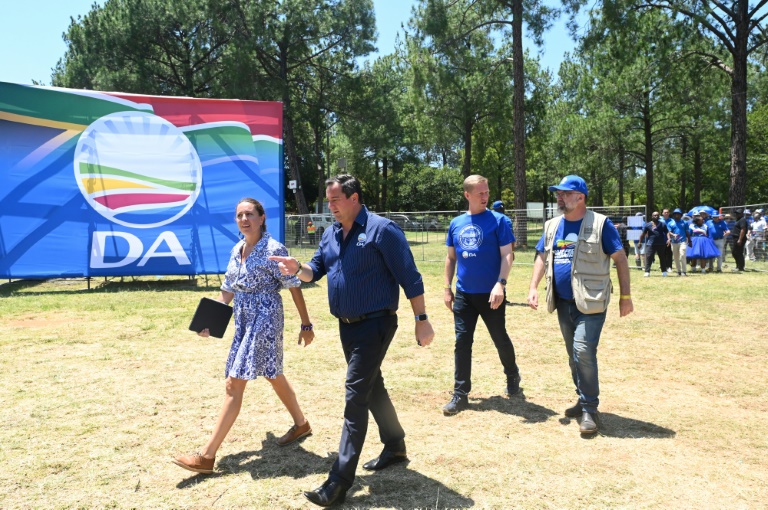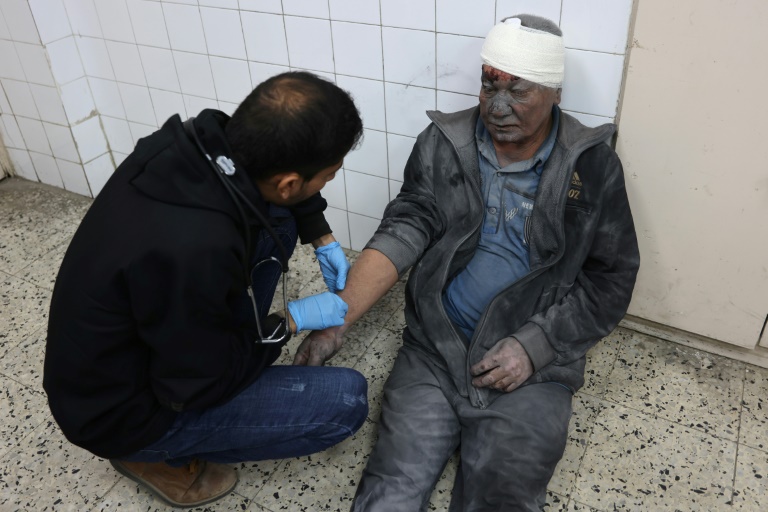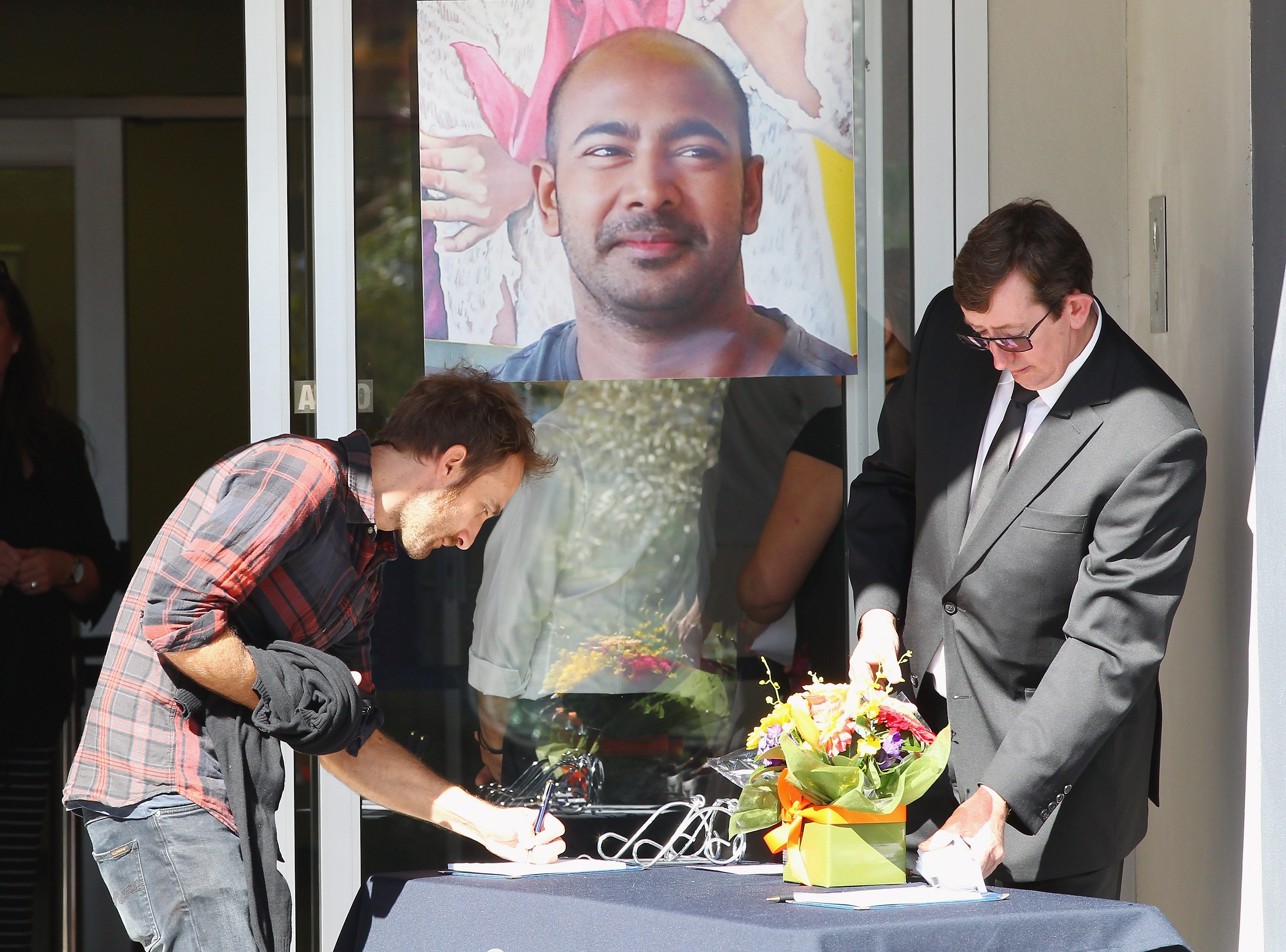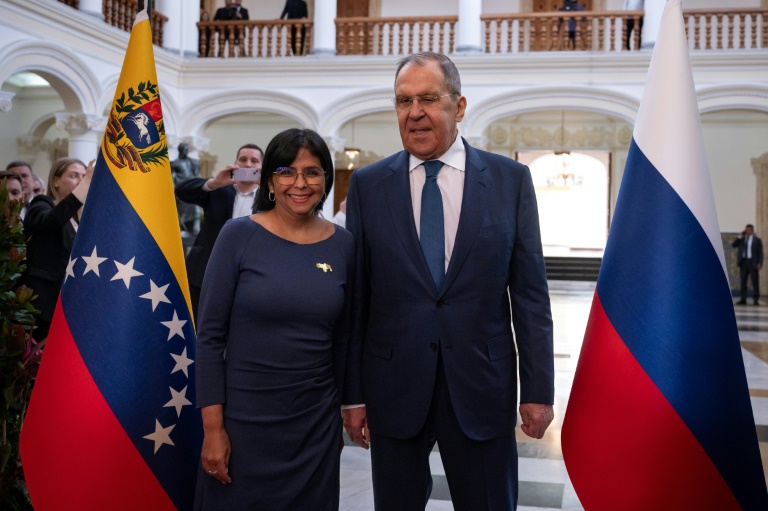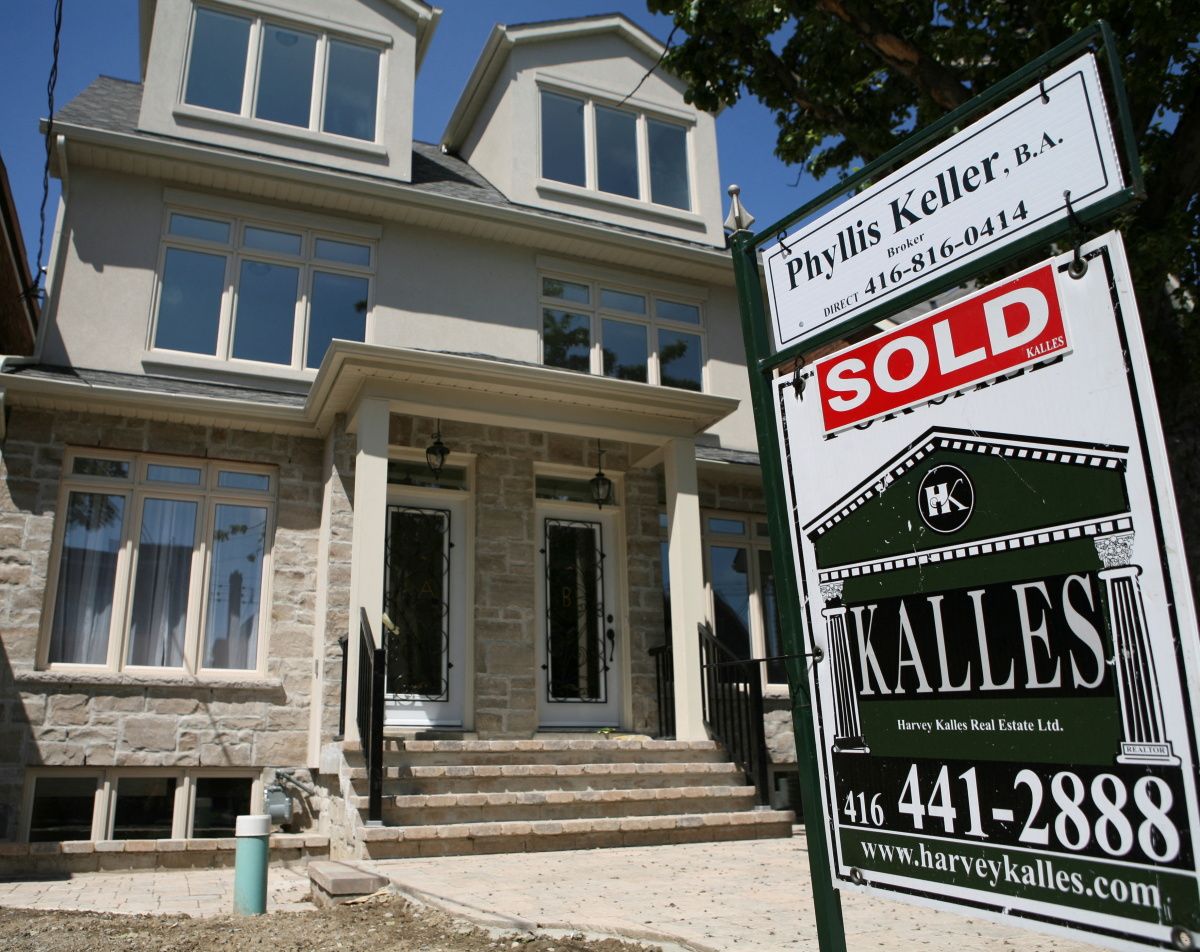Three decades after the advent of democracy, South Africa will go to the polls on May 29 for general elections and perhaps the first serious challenge to ANC rule.
Opinion polls suggest President Cyril Ramaphosa’s party may win less than 50 percent in nationwide elections for the first time and may be forced to share power.
In a statement from his office, Ramaphosa announced the ballot would take place on May 29, and called on voters not already registered to do so online.
“Beyond the fulfilment of our constitutional obligation, these upcoming elections are also a celebration of our democratic journey and a determination of the future that we all desire,” he said.
The election will decide the make-up of provincial legislatures and the National Assembly, which will in turn choose the president to form the next government.
The African National Congress (ANC), which has led since the first free elections in 1994 after the end of apartheid rule, is still poised to come first.
But if it does not win a majority, it will need coalition allies.
Complaints have been mounting about South Africa’s soaring violent crime rate, lacklustre economy, power cuts and unemployment — and Ramaphosa faces challenges from right and left.
Yet, the ANC party remains a formidable machine, with supporters at all levels of government, and many South Africans retain proud memories of its lead role in the anti-apartheid struggle.
Ramaphosa is due to launch his party’s manifesto on Saturday at a large rally at a soccer stadium in Durban in the key electoral battleground of KwaZulu-Natal.
“I call on all South Africans to exercise their democratic right to vote and for those who will be campaigning to do so peacefully, within the full observance of the law,” he said.
The announcement of the date has been long-anticipated, and many of the ANC’s rival parties have already launched their manifestoes for change, sensing a moment of weakness.
From the right, the liberal Democratic Alliance (DA) is trying to weld together a group of smaller parties to whittle down the ANC majority and shake off its image as representing the white minority.
On the left, the ANC will have to contend with both Julius Malema’s radical EFF and a new group led by former president Jacob Zuma, who may be tainted by corruption charges but is still popular in KwaZulu-Natal.
Malema posted a confident message on social media when the vote was announced: “29 May 2024, is on. Now or Never. Victory is Certain!”
KwaZulu-Natal is South Africa’s second-most populous province and some polls suggest Zuma could win 20 percent there, despite being suspended from the ANC and having served time for contempt of court.
The DA will also put up a challenge, not just in its Western Cape heartland. It will be trying to break 20 percent nationwide and prove it can attract voters from across the racial spectrum.
DA leader John Steenhuisen welcomed the announcement of the election date.
“This election is a turning point for South Africa, and it comes at a time when our nation needs it the most in three decades,” he said, accusing the ANC of “decades of mismanagement”.
“The upcoming election is an opportunity for the people of South Africa to choose a path of progress, transparency, and accountability.”
With its 62-million population, South Africa is sub-Saharan Africa’s most industrialised country and a magnet for migrants from other parts of the continent.
It is a major, although shrinking, source of minerals including gold, coal and platinum, but has shoddy logistical and power infrastructure, with rolling hours-long blackouts.
And its crime rate is huge, with the latest government figures recording 84 murders per day in the last quarter of 2023, up 2.1 percent over the same period the year before.
AFP
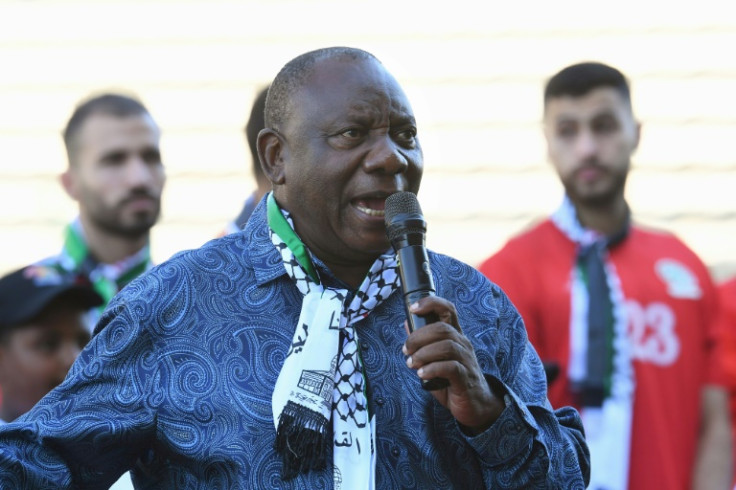
AFP

